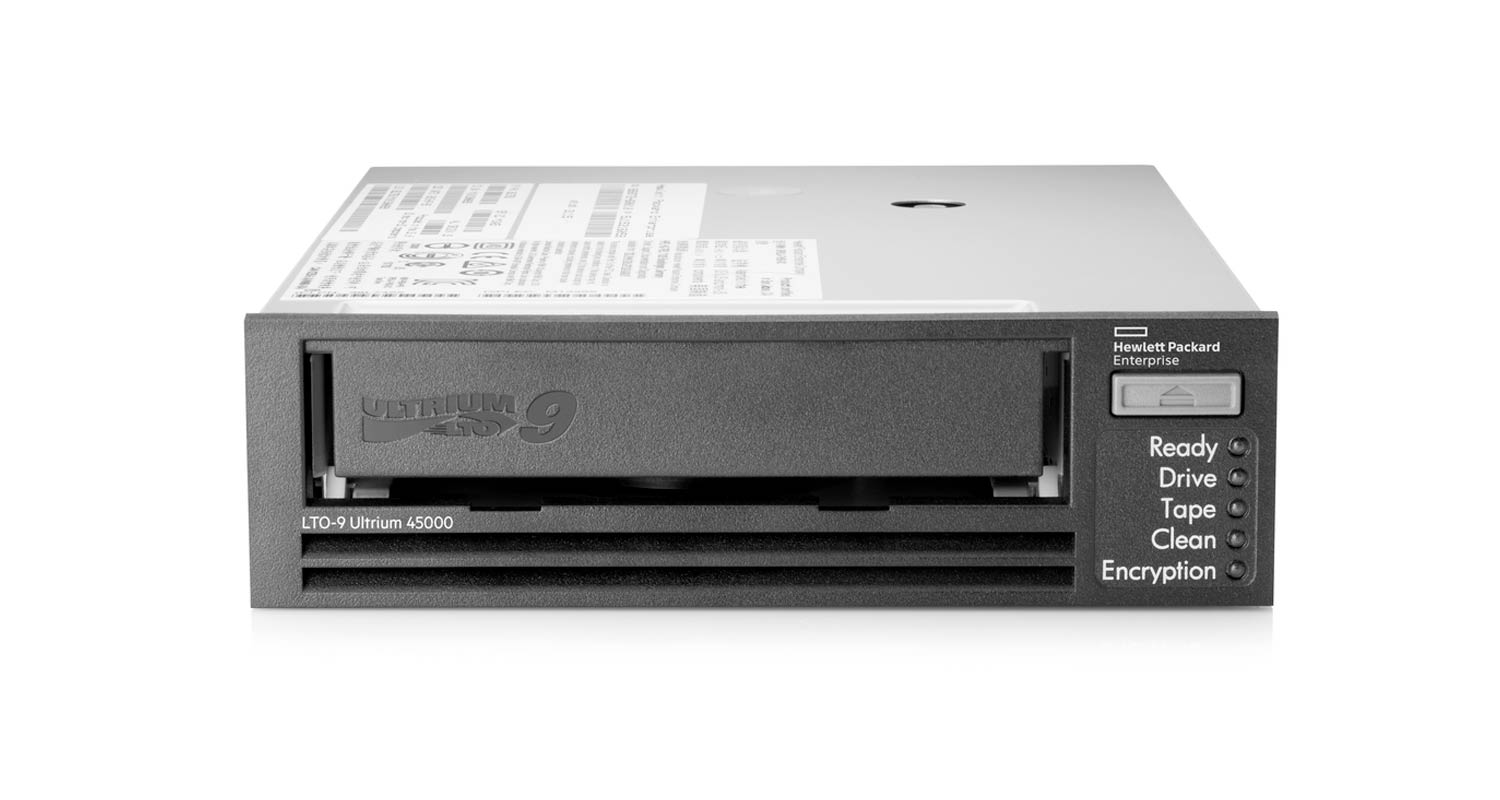 Effective data retention and archiving policies are non-negotiable for organisations managing large volumes of data. These policies play a crucial role in ensuring compliance, enhancing security and optimising data management efficiency.
Effective data retention and archiving policies are non-negotiable for organisations managing large volumes of data. These policies play a crucial role in ensuring compliance, enhancing security and optimising data management efficiency.
Selecting the ideal storage medium for data archiving can be a complex task, as it involves weighing the trade-offs between cost, performance and reliability. This is why many businesses are turning to tape storage – a form of magnetic storage that uses reels of tape to house data.
With its origins dating back to the 1950s, tape storage was one of the first and most widely used data storage methods. It also boasts a host of benefits when compared to alternative storage media such as hard disk drives (HDDs) or solid-state drives (SSDs), although these two also have a crucial role to play in the data storage mix.
A range of advantages
The key advantages of tape storage are its affordability, durability, energy efficiency and scalability, all of which surpass HDDs and SSDs. Furthermore, tape storage has the ability to retain data for extended periods, often up to 30 years or more, without any significant degradation or corruption.
For this reason, HPE StoreEver LTO-9 tape solutions are continuing the tradition of innovative, secure, scalable and low-cost HPE tape storage. With up to 45TB compressed capacity (18TB native) and transfer speeds of up to 1GB/s – for systems with full-height drives and 800MB/s for those with half-height, LTO-9 is a compelling prospect for most businesses.
Doing more with less
One of the benefits of the HPE StoreEver’s tape portfolio that completely sets it apart from its competitors is its ability to swap out older drive kits without any extra expense via extra licensing fees when a customer buys a drive upgrade.
For instance, take the scenario where a user has an HPE StoreEver MSL3040 with LTO-6 tape drives and wants to upgrade the library with LTO-9 capabilities. HPE enables them to install the new LTO-9 tape drive in their existing library without having to either buy a new module for the LTO-9 devices, or a license for the extra hardware. In times where budgets are shrinking and CIOs are under pressure to do more with less, that is a compelling prospect.
Whenever looking at a range of different offerings from competing vendors, it might seem easier to only look at the price of the basic hardware and make a buying decision based on the cost factor alone. However, if the total cost for different brands of tape libraries is compared by taking into account the price of essential support and maintenance, then HPE’s StoreEver system emerges on top, as it is dramatically less expensive to own and run.
Operating at peak performance
With the power of HPE StoreOpen software and LTFS integration, data storage becomes incredibly convenient and flexible, allowing the tape to be self-descriptive and file-based, just like a USB drive.
The LTO-9 also guarantees peak performance, ensuring that even the most stringent backup windows can be met without any compromise on quality. The added layer of security through encryption ensures the utmost privacy for backup data, effectively safeguarding confidential information. This feature also facilitates compliance requirements, making adherence swift and efficient.
Once a customer has purchased and installed a new HPE StoreEver system, HPE Command View for Tape Libraries (CVTL) software applications offer powerful insight and control to help them manage their tape ecosystem. The basic CVTL licence, which is free, lets the user manage and run reports on a range of libraries from multiple locations – which could be extremely useful for those who are working remotely.
 The solution also boasts many features that do not come with standard ISV backup software, such as extra licensed features. For instance, HPE TapeAssure Advanced enables users to take advantage of proactive and predictive reporting on the performance and health of the tape library, drives and media. An additional licensed module, HPE StoreEver CVTL Data Verification, verifies the health of the data written to each tape cartridge, too.
The solution also boasts many features that do not come with standard ISV backup software, such as extra licensed features. For instance, HPE TapeAssure Advanced enables users to take advantage of proactive and predictive reporting on the performance and health of the tape library, drives and media. An additional licensed module, HPE StoreEver CVTL Data Verification, verifies the health of the data written to each tape cartridge, too.
Furthermore, because security is a major concern for all businesses today, every single HPE StoreEver MSL system is completely compatible with the HPE StoreEver MSL Encryption Kit. This is a completely self-contained encryption system that is able to be deployed without the need for an additional server or appliance, extra software, or the unnecessary complexity of a full KMIP offering. It offers simple yet highly effective and secure extra layers of security for data at rest, ensuring that sensitive company data stored on a HPE LTO-9 data cartridge is practically impossible to compromise, even in a scenario where the tape falls into the hands of a bad actor or is lost through carelessness.
A history of innovation
In the ever-evolving landscape of data storage solutions, it’s natural to wonder if there’s something better out there than tried-and-trusted tape storage. However, HPE’s StoreEver LTO-9 continues to push the boundaries of innovation, remaining unmatched in its ability to store vast amounts of data reliably, securely, cost-effectively and sustainably.
HPE tape solutions have been safeguarding data for businesses of all sizes for over two decades, which is a testament to their dependability. However, LTO-9 raises the bar with its remarkable capacity, density and performance, taking the value of the LTO standard to a new level and leading the market in tape storage solutions.
When it comes to reliability, cost efficiency, and security, LTO media excels, particularly in a time of massive growth in unstructured data. The LTO-9 stands out as the ideal storage medium for archiving and safeguarding against ransomware threats.
Contact us for a solution that will meet your compliance requirements for long-term data retention, ensuring that your most valuable data stays secure from both internal and external threats while being readily accessible and easily recoverable when needed.
- Read more articles by Tarsus Distribution and HPE on TechCentral
- This promoted content was paid for by the party concerned




